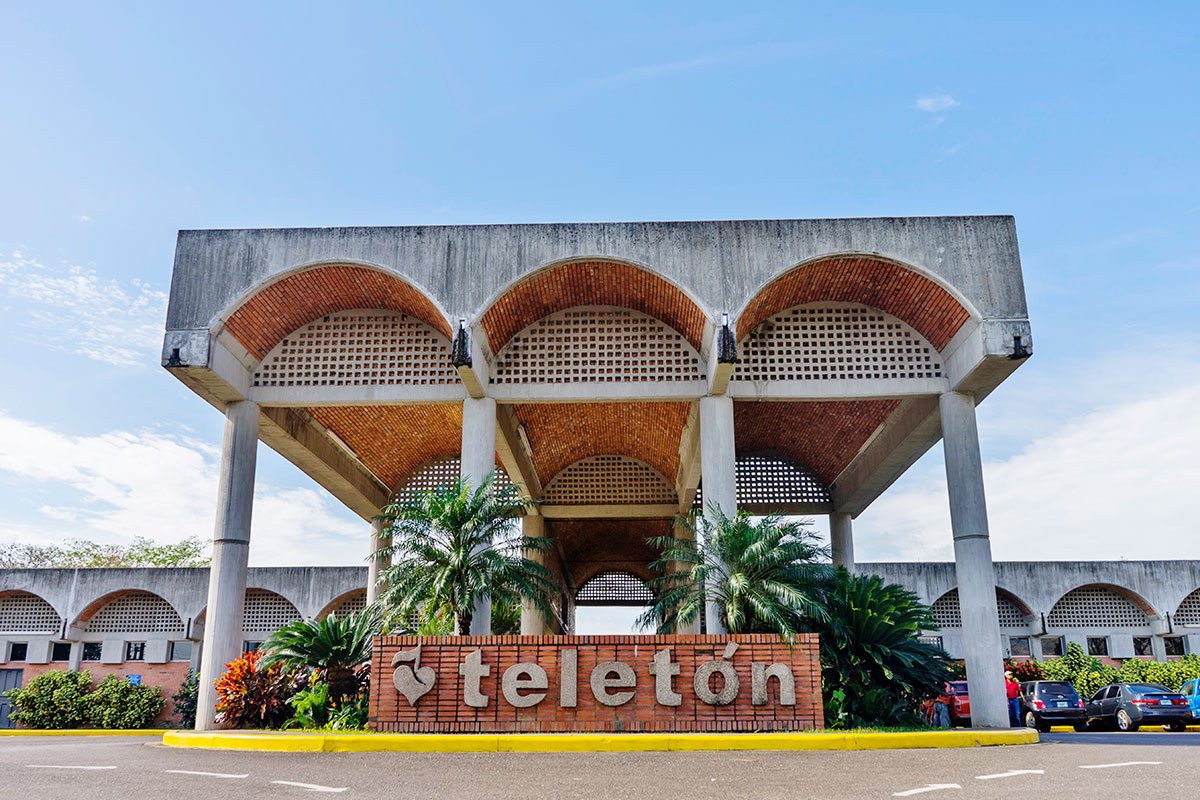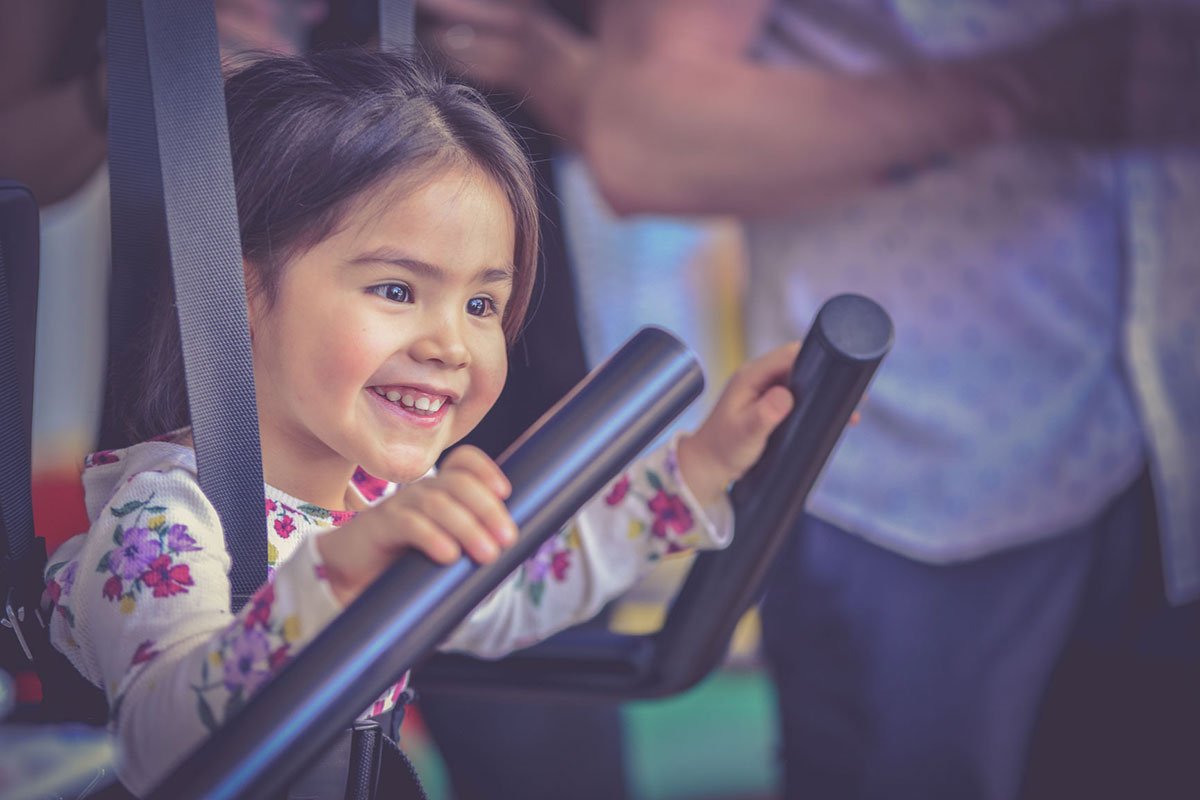For 2022 and 2023, ORITEL has set itself the main institutional objective of developing Stage II (2.0 version) of the only continental Epidemiological Database related to the rehabilitation and inclusion of persons with disabilities, which shall have features focused on conducting scientific research projects.
This multidisciplinary database is called Disability Information System (SIDRO, by its Spanish acronym) and is the most significant medical-scientific and knowledge
management project that ORITEL has ever launched since its inception in 1998.
SIDRO centralizes, manages, and measures all data from the care provided in the Rehabilitation Centers and Institutes.
By the end of 2022, it is estimated that the engineering for Stage II shall be fully developed and, additionally, the technological suite designed to build the first Evidence- Based Health System (SBE, by its Spanish acronym) will be developed to later be integrated into Stage III of SIDRO.
Stage I of SIDRO came to fruition in 2021. The initial project was based on a technology platform that ensured the synchronized operation of two subsystems that host and measure the diverse, complex general data (summarized data that changes in time which was migrated into the system) from the Centers and Institutes of the ORITEL network.
Now, Stage II shall entail the unlimited storage of multi-dimensional, individualized data from each user with a quick process to cross-reference data and an efficient backup in a Big Data technology platform.
This shall provide access to even more precise, robust epidemiological data that will be available not just to members of the ORITEL Network, but also to future States and civil organizations of the continent.
These actions shall contribute to the development of health care, teaching, research, prevention, promotion, and protection strategies in this area bearing in mind that ORTIEL has a wealth of scientific data deriving from the more than 300,000 users annually cared for by its health care network (a wealth like no other organization in the continent possesses.)
Therefore, Stage II shall seek for SIDRO to place ORITEL and its network of countries in other ambitious spheres of work and specialized contributions.
Access to data generated by SIDRO shall entail, for instance, a significant contribution to the implementation of public (State) policies focused on promoting the inclusion of persons with disabilities.
Concurrently, a significant step to provide scientific evidence for all interventions carried out not just by the ORITEL network, but also by public and private health systems shall be taken, as the database shall be an empirical reservoir attractive enough to stimulate research in the field of disabilities.
The third evolution of SIDRO (Stage III), which is meant to go under development simultaneously with Stage II, implies, as was mentioned, building the first Evidence- Based Health System.
This state-of-the-art mechanism shall collect the evidence to support decision-making processes not just for the systematic improvement of services provided, but also to effectively and efficiently manage all strategic processes that the organization conducts for the benefit of its members.



